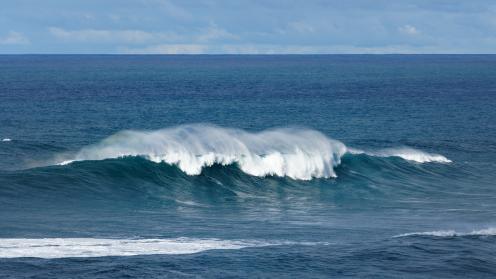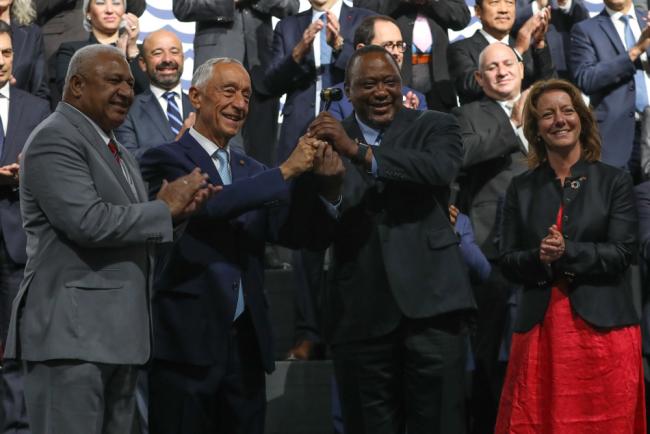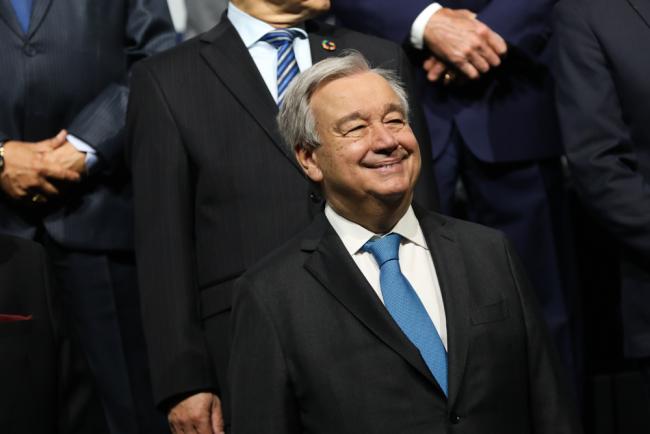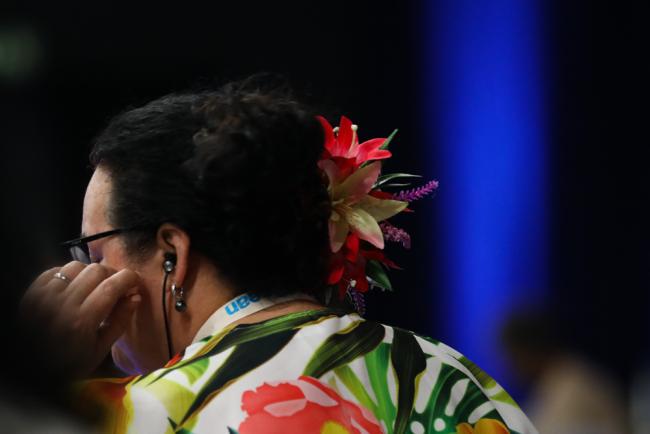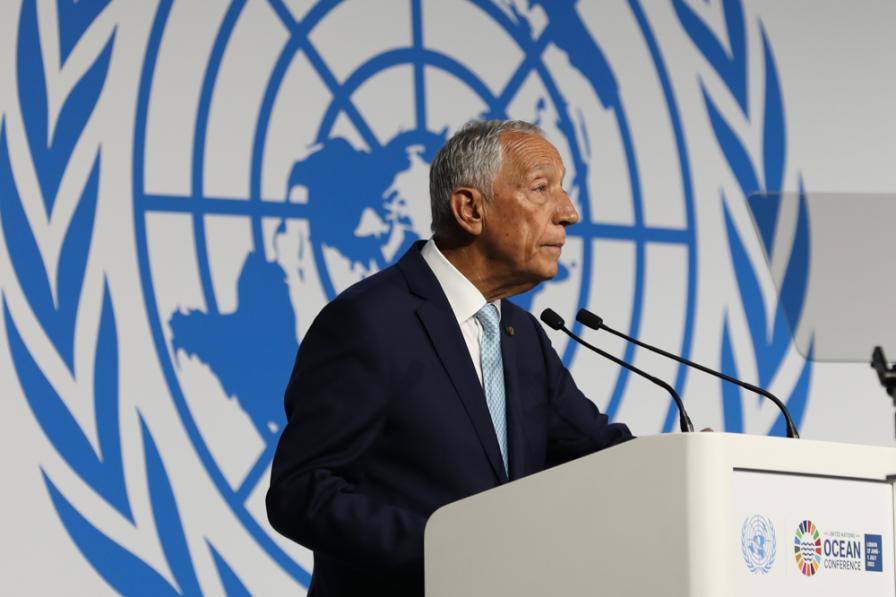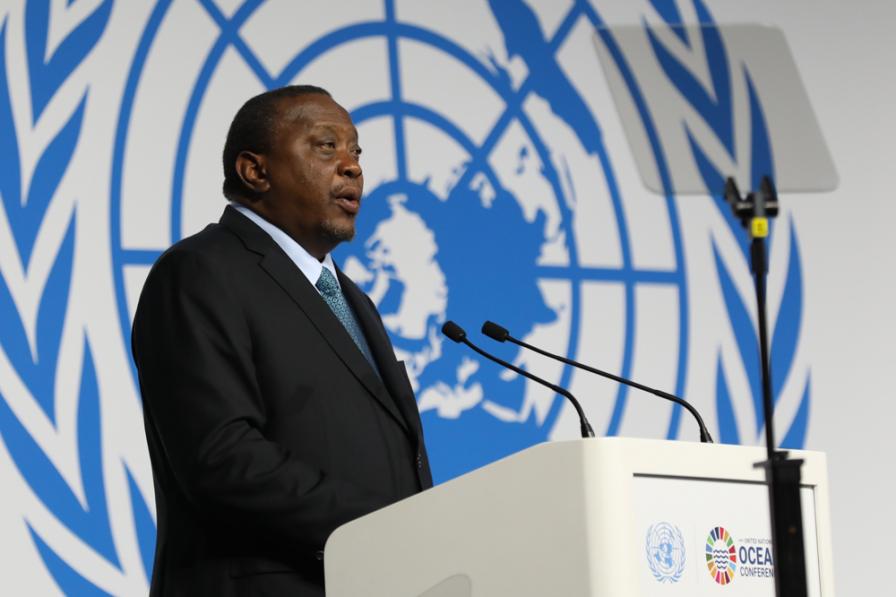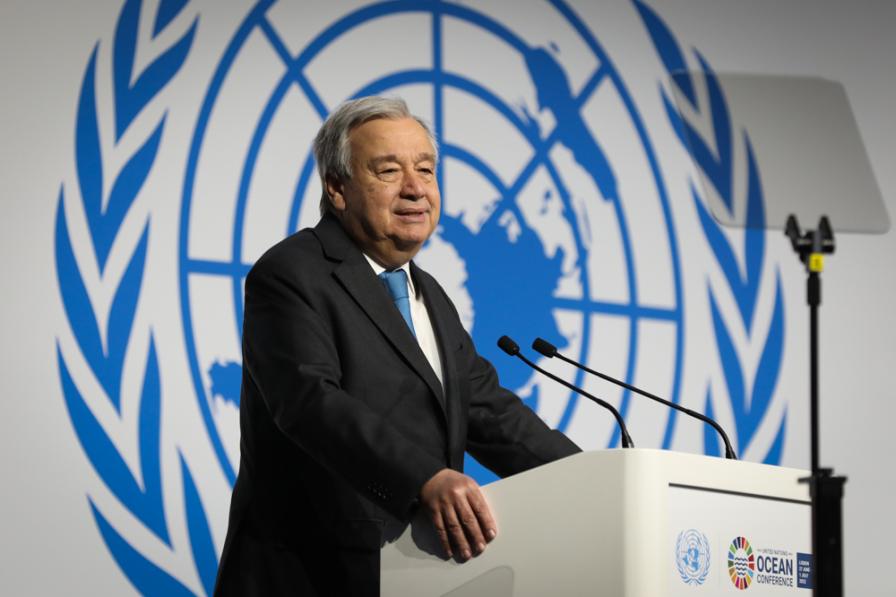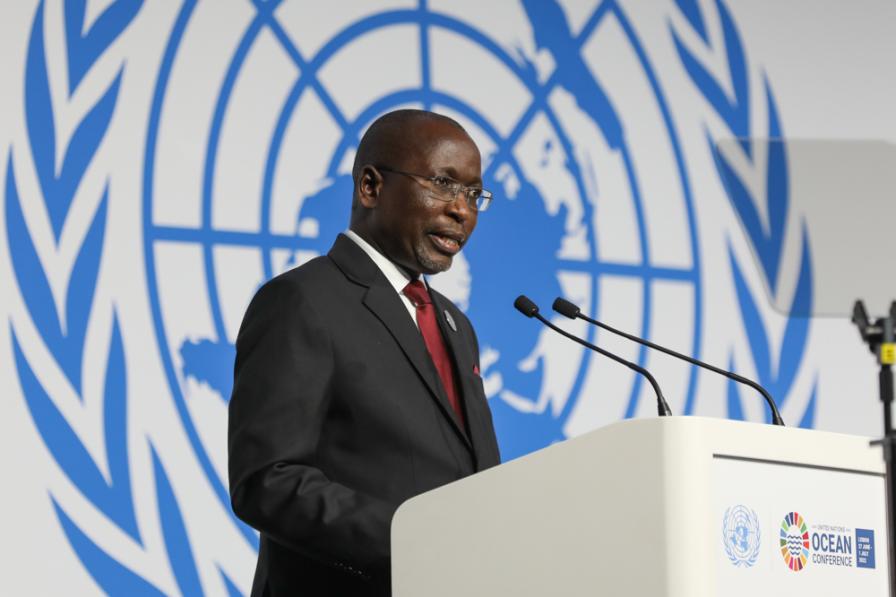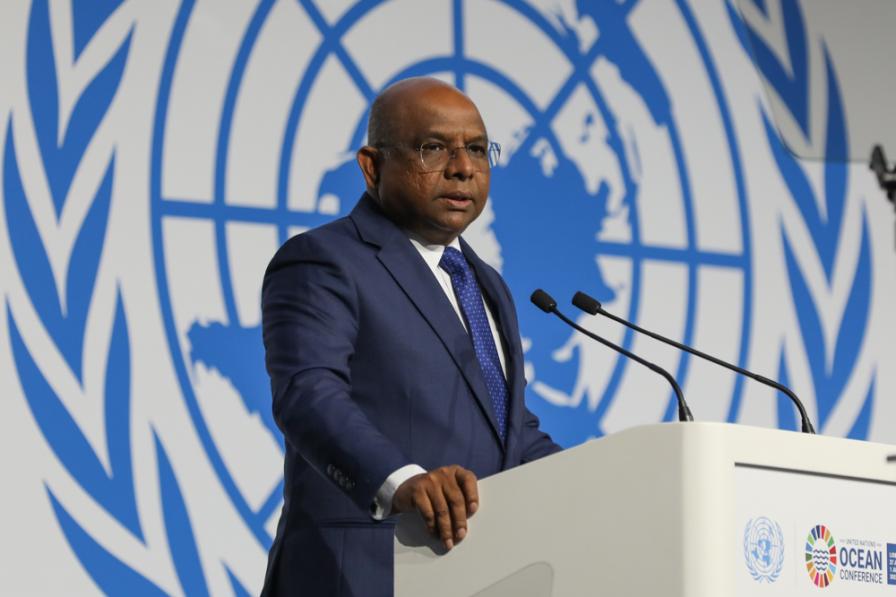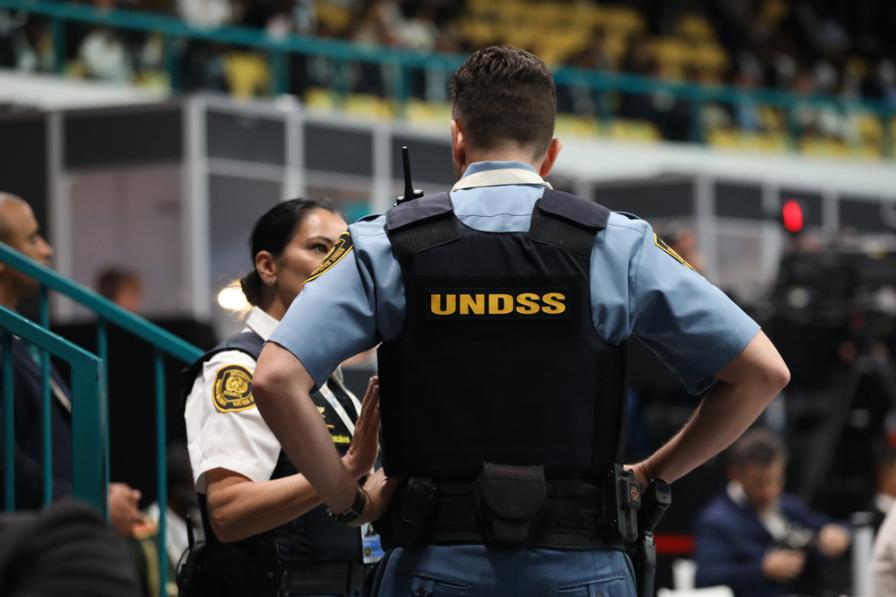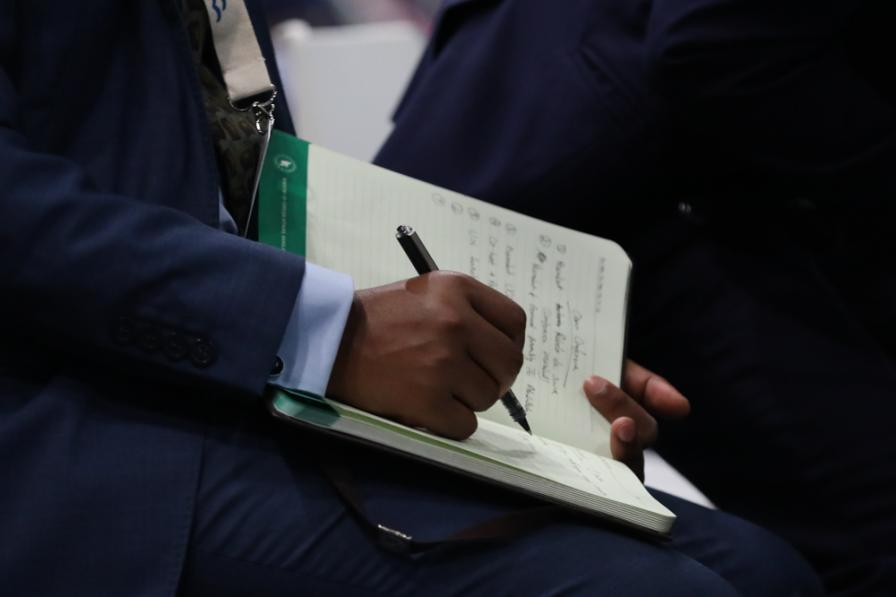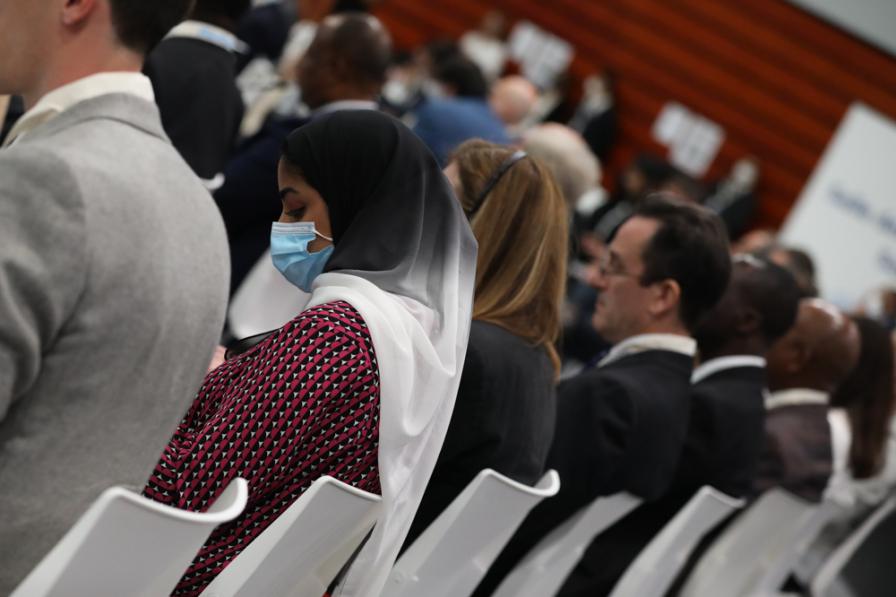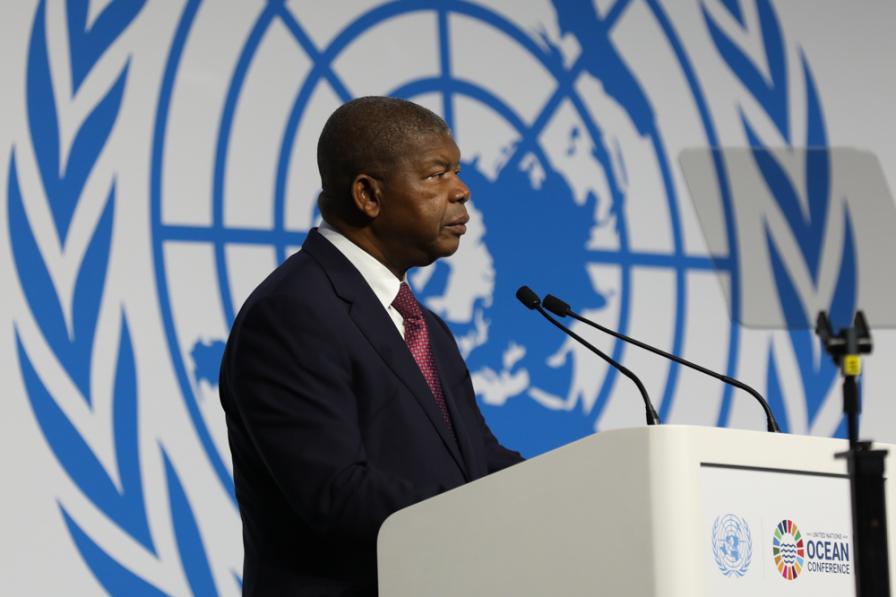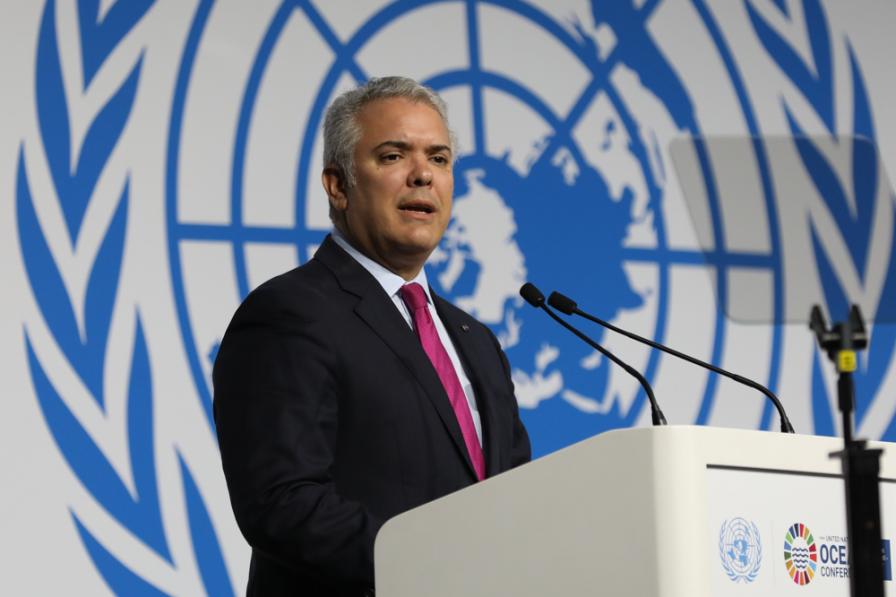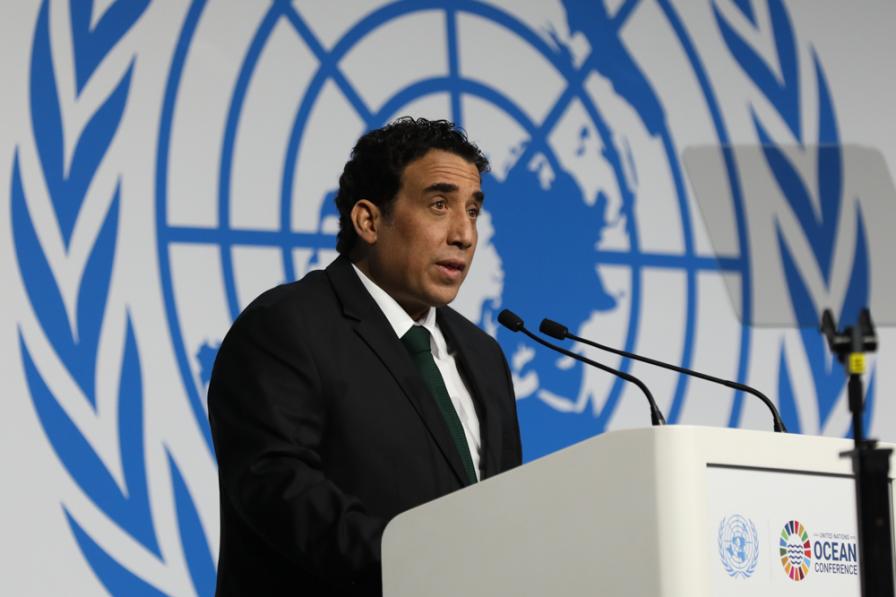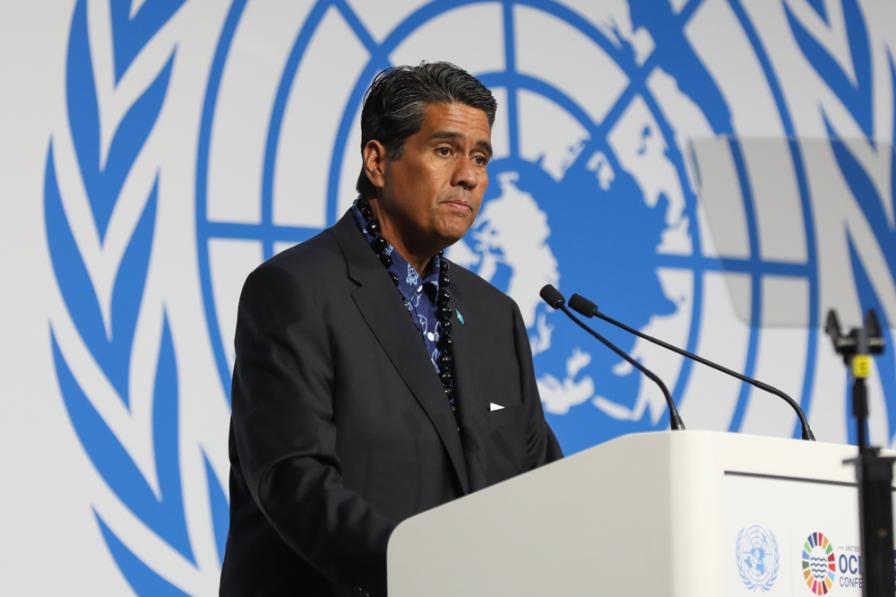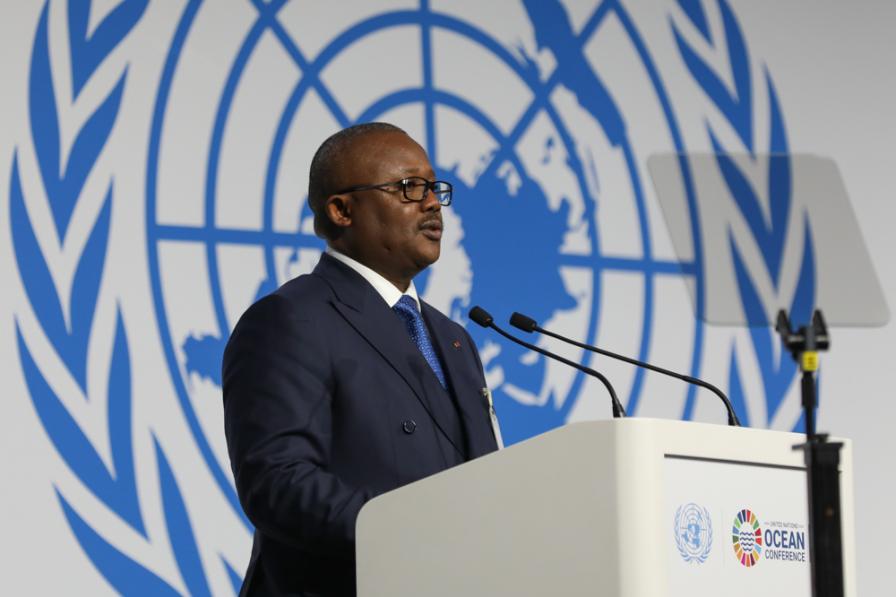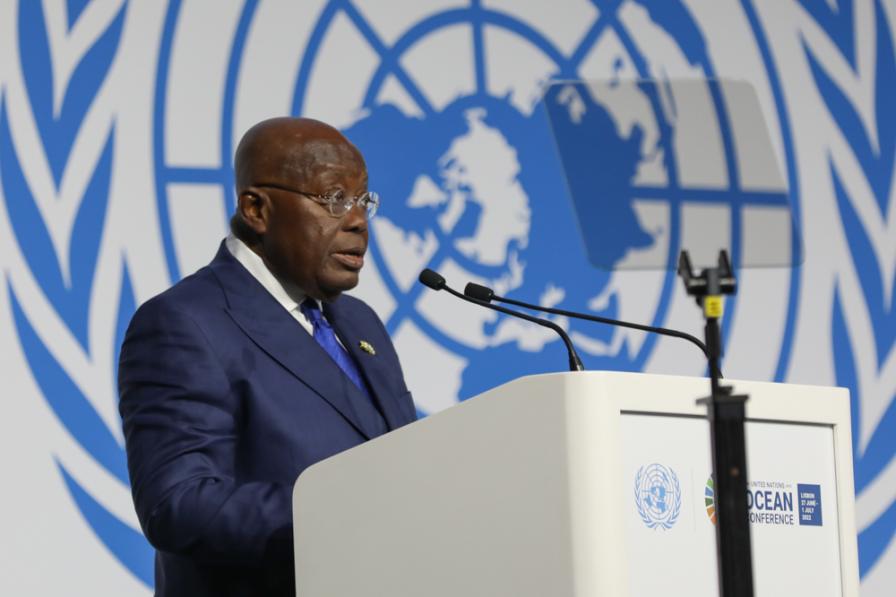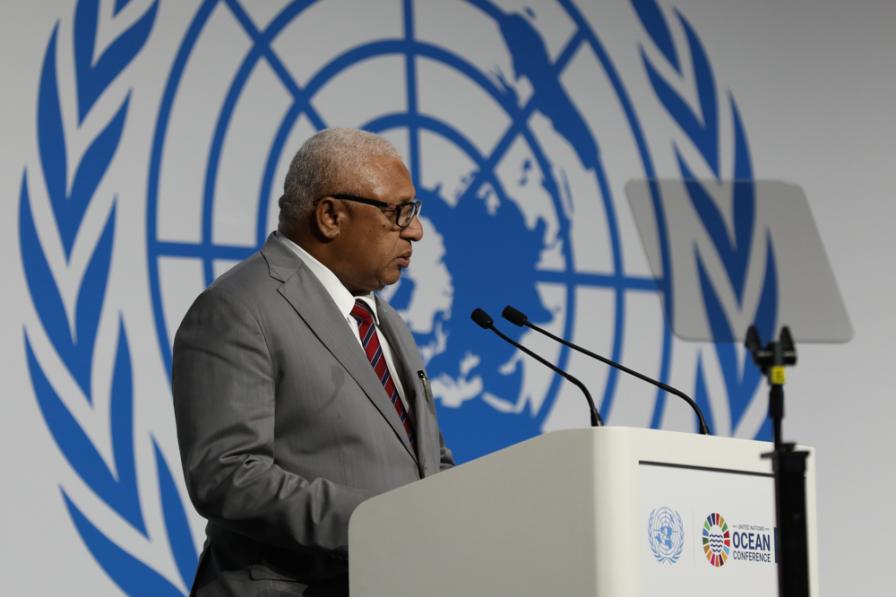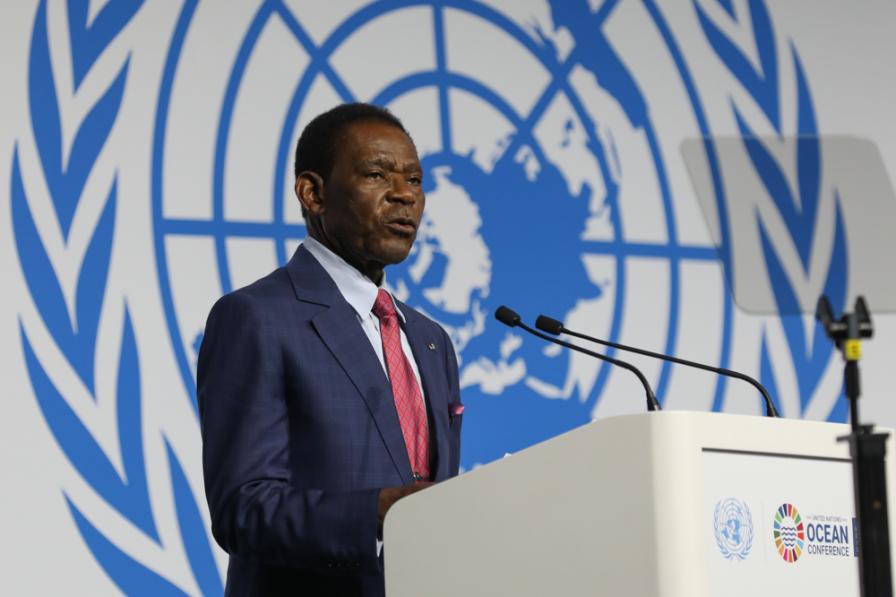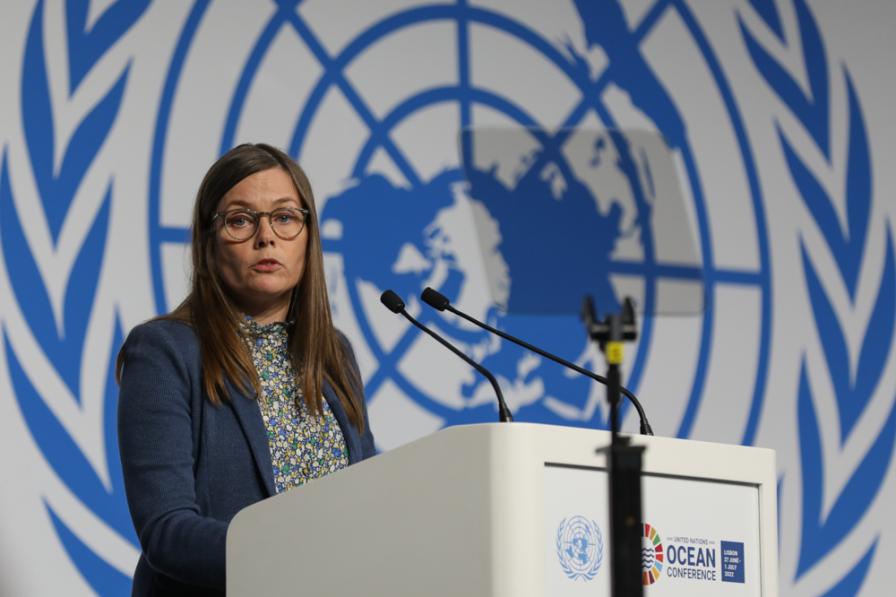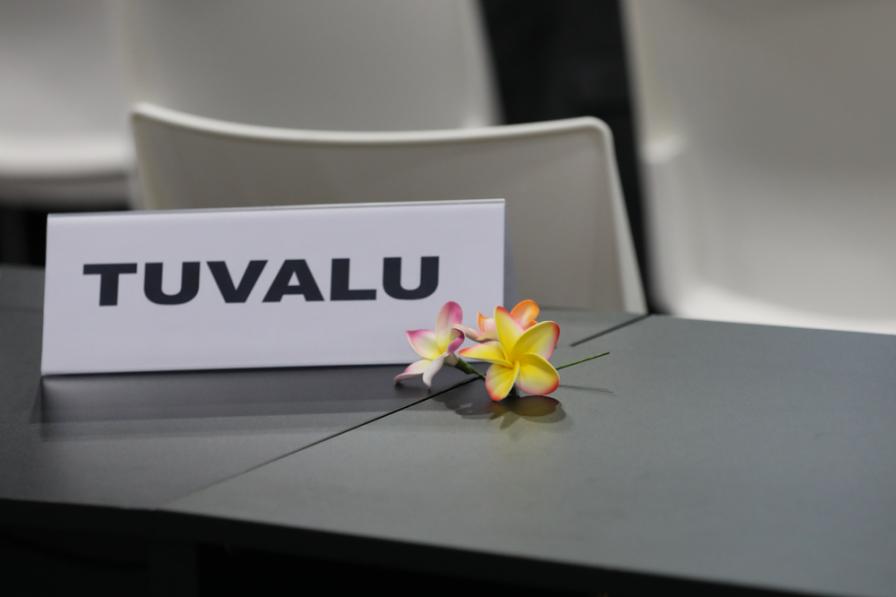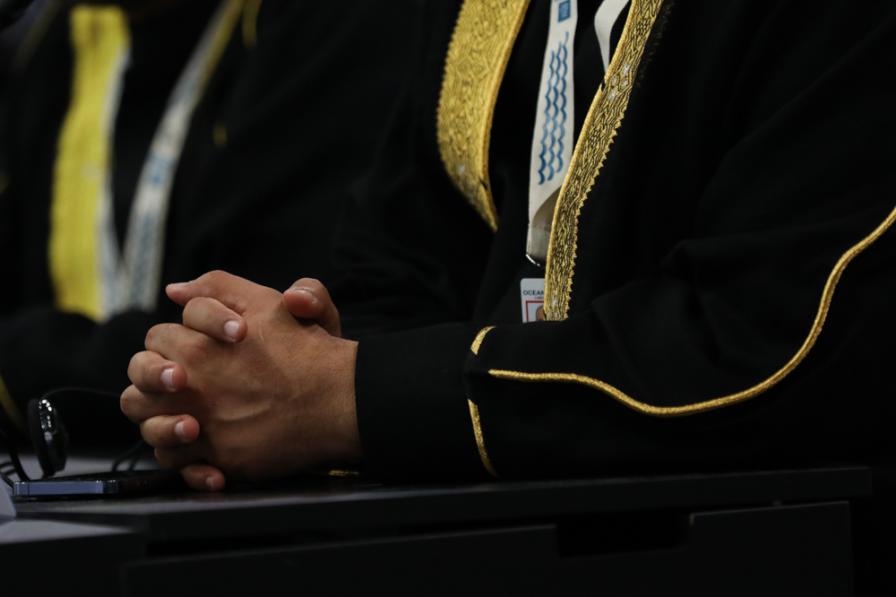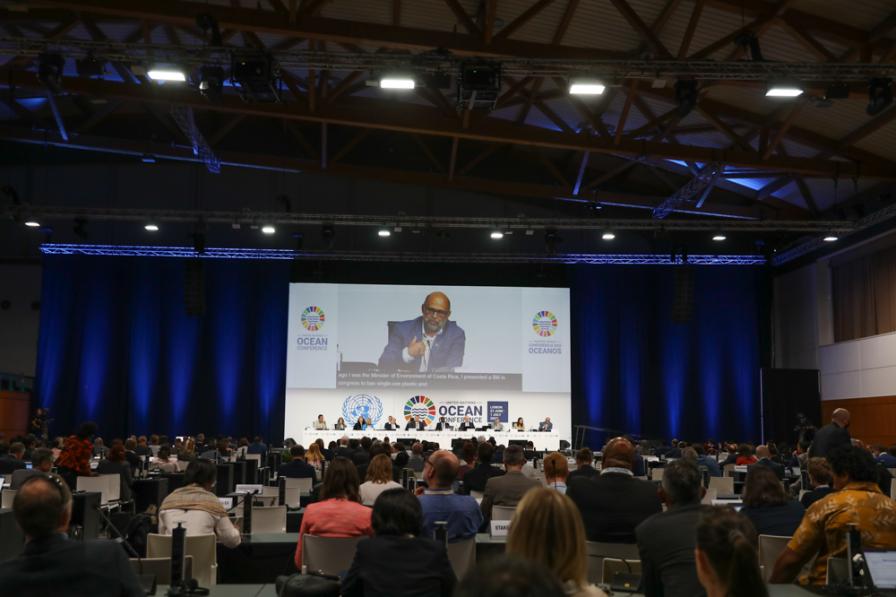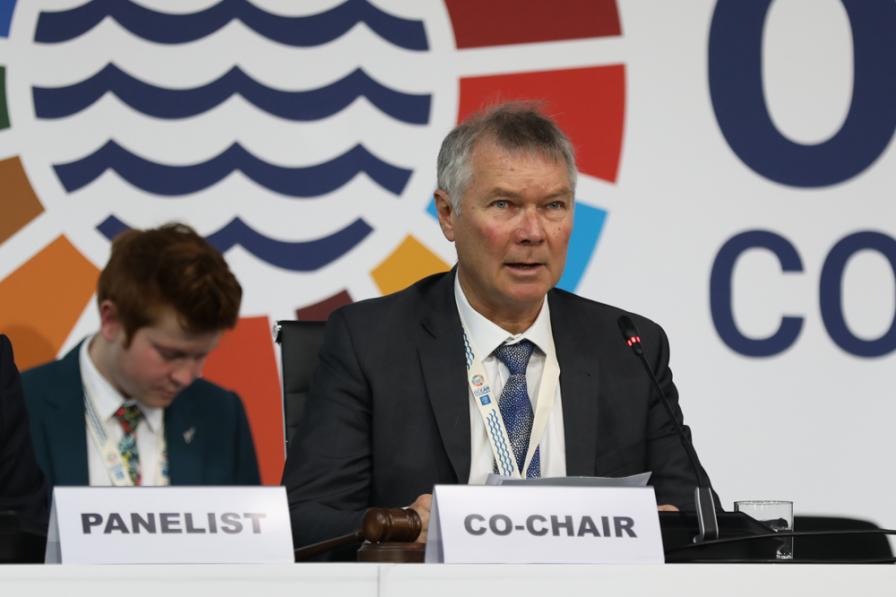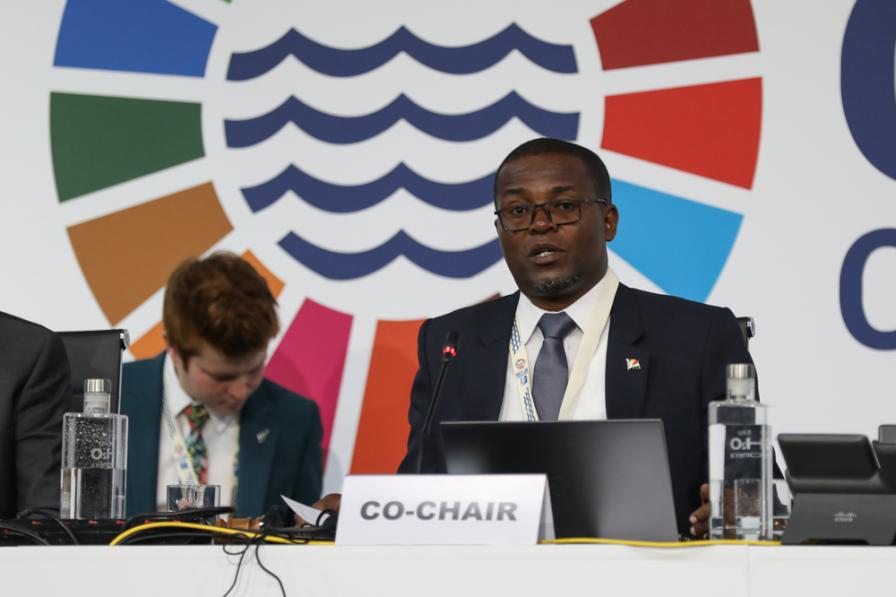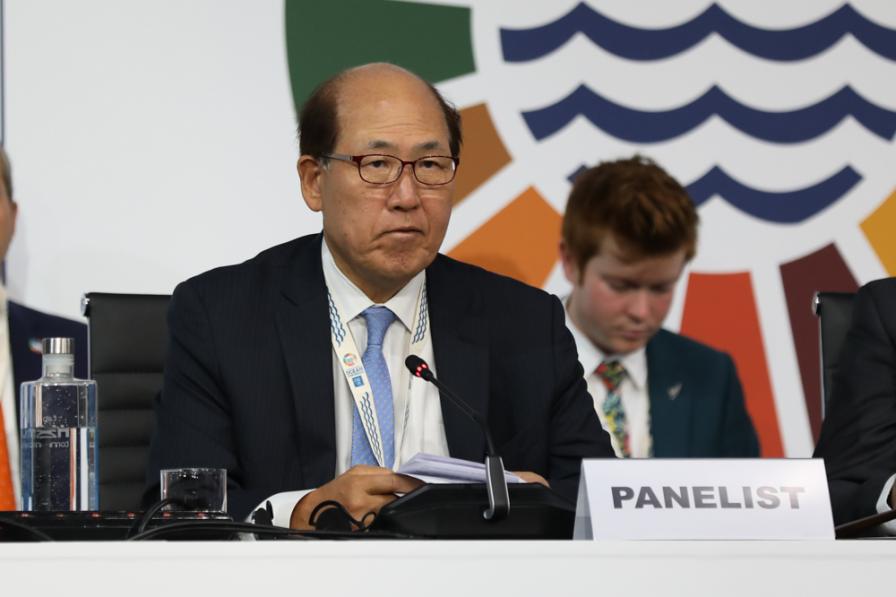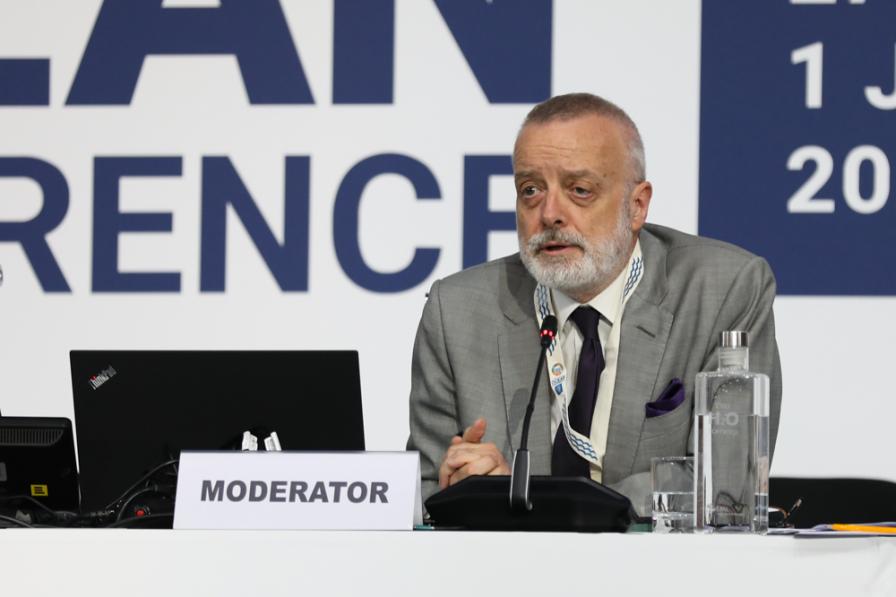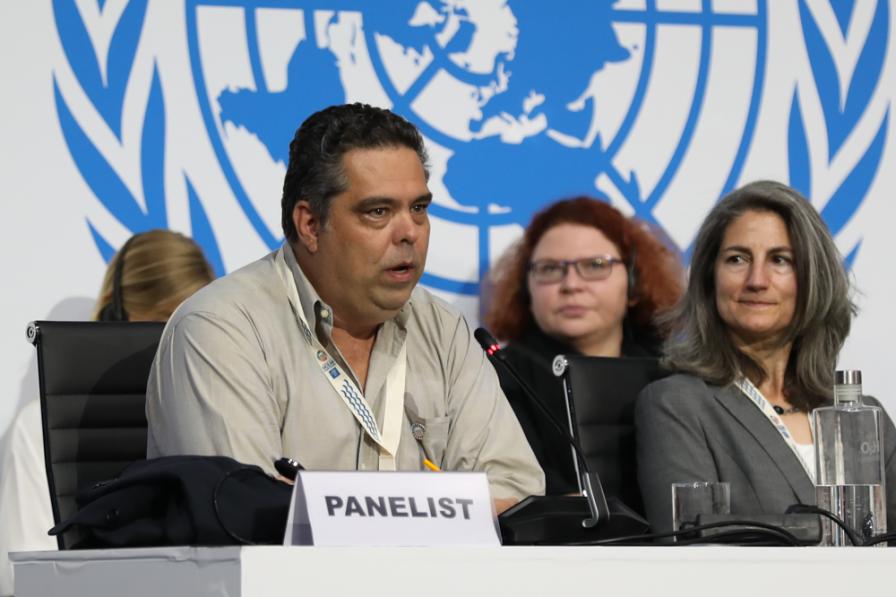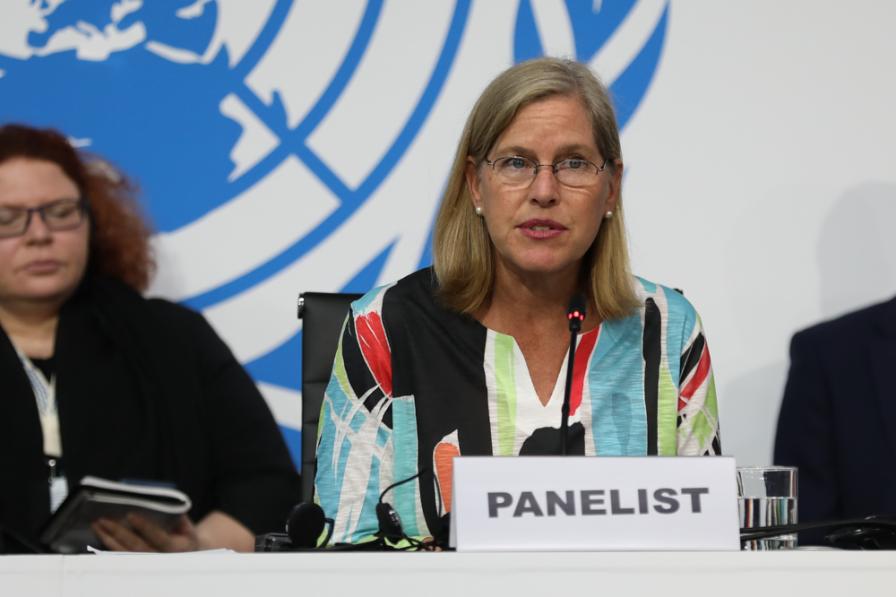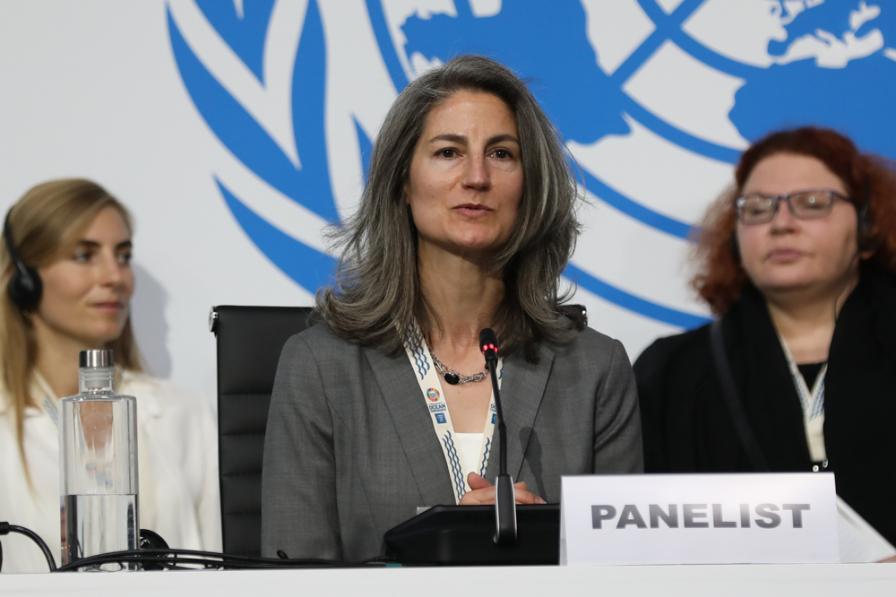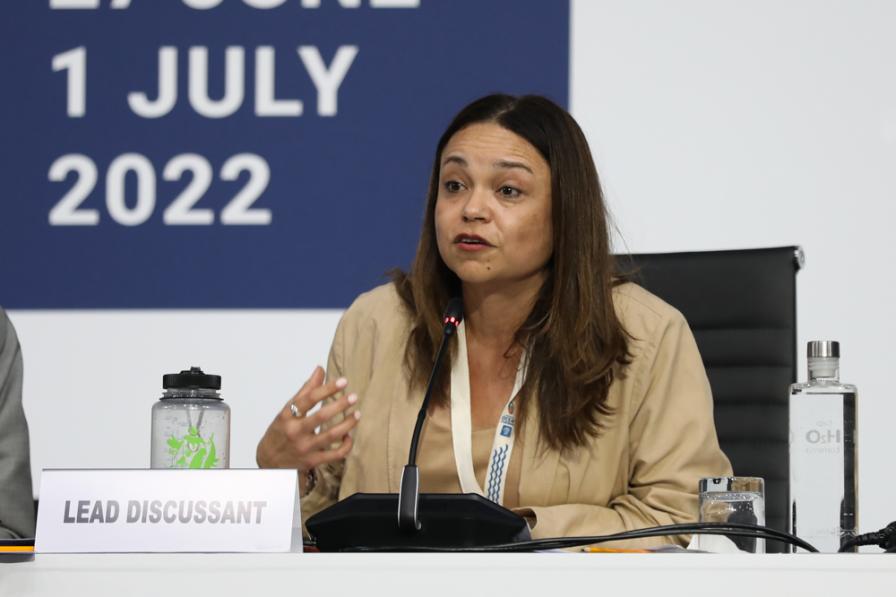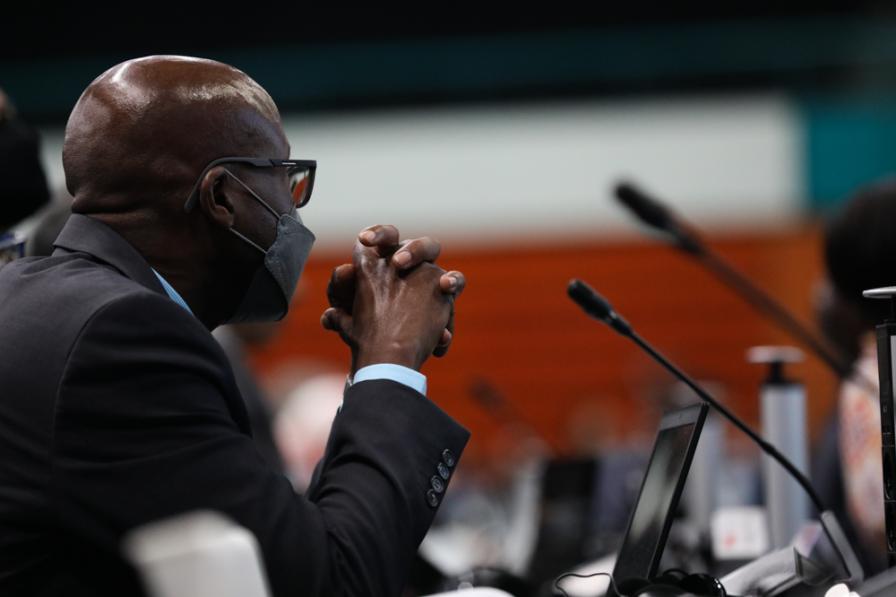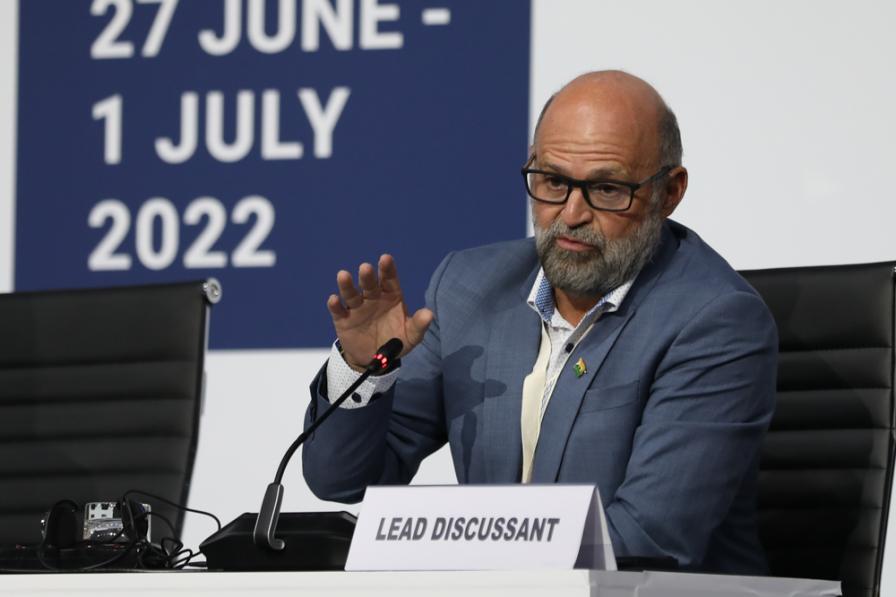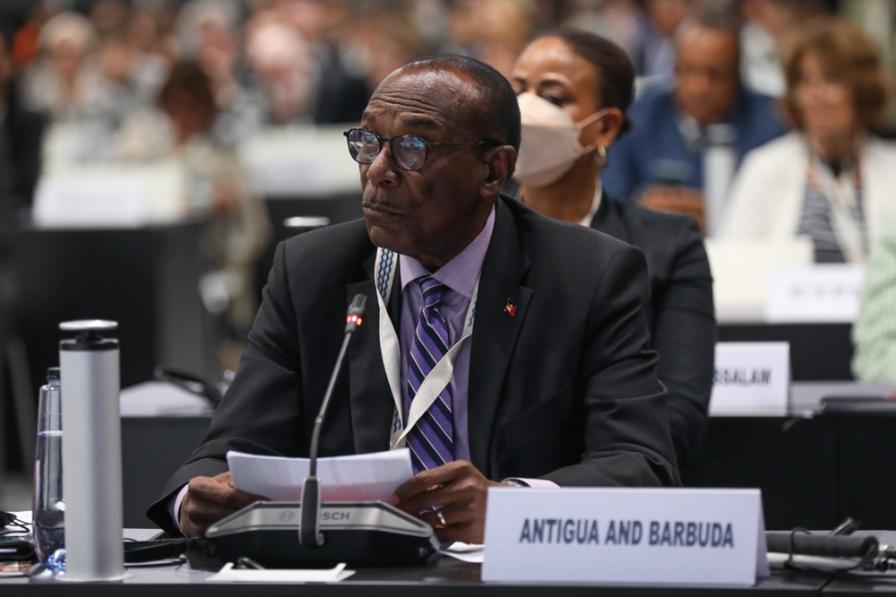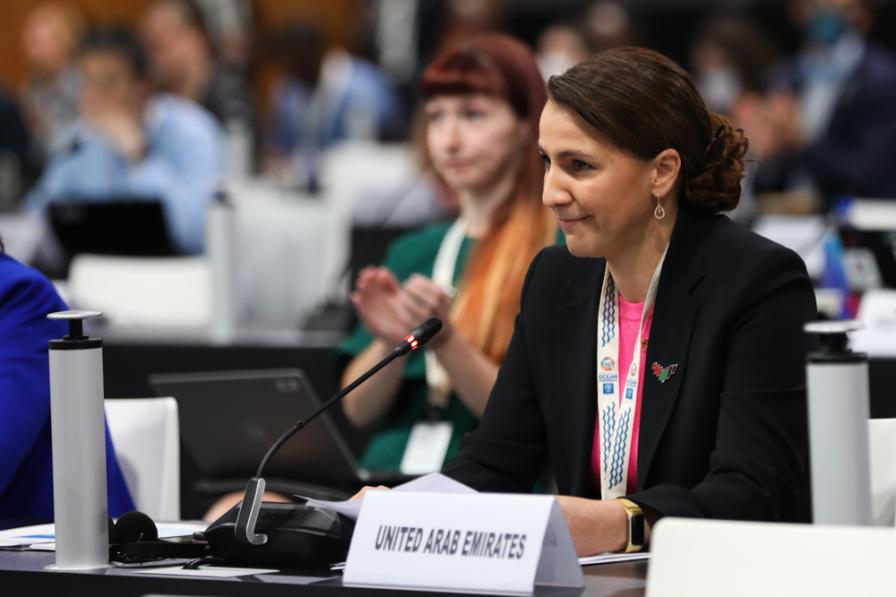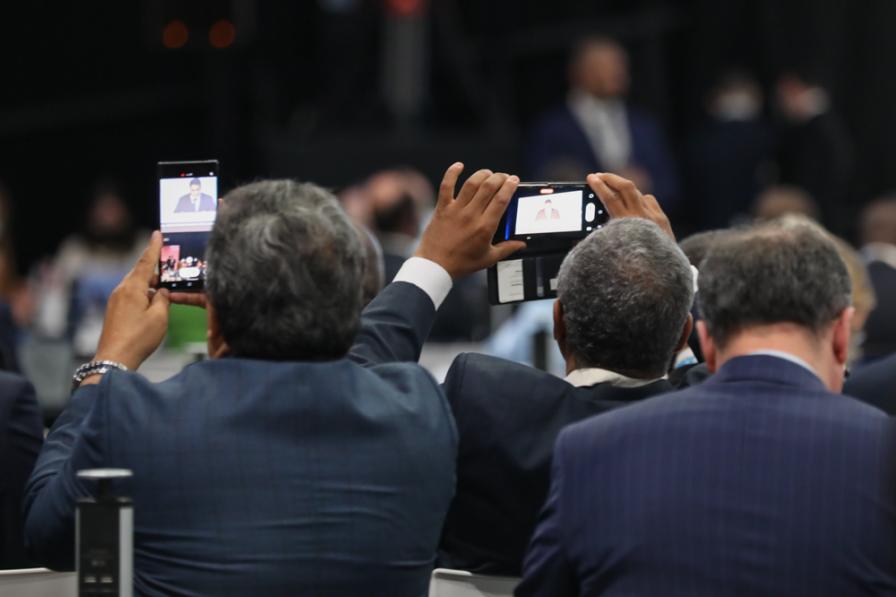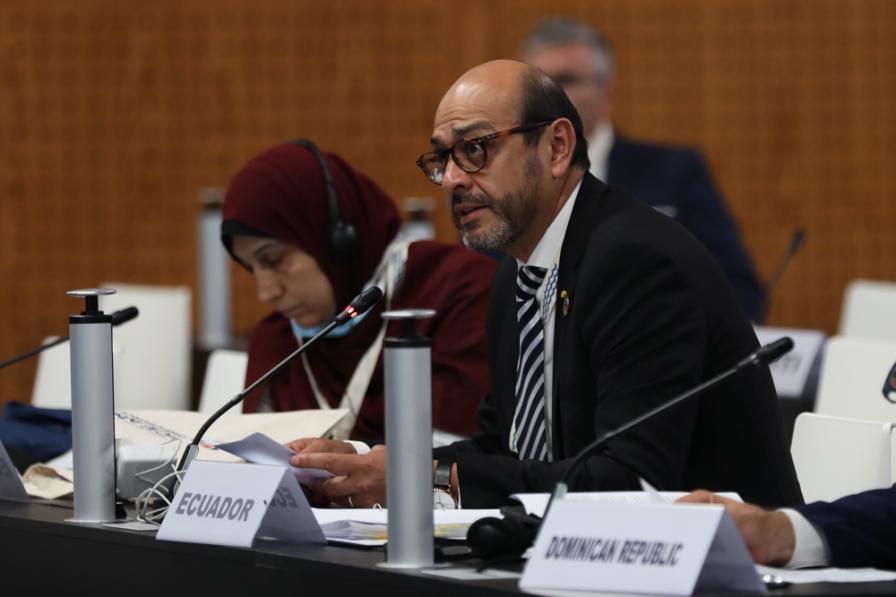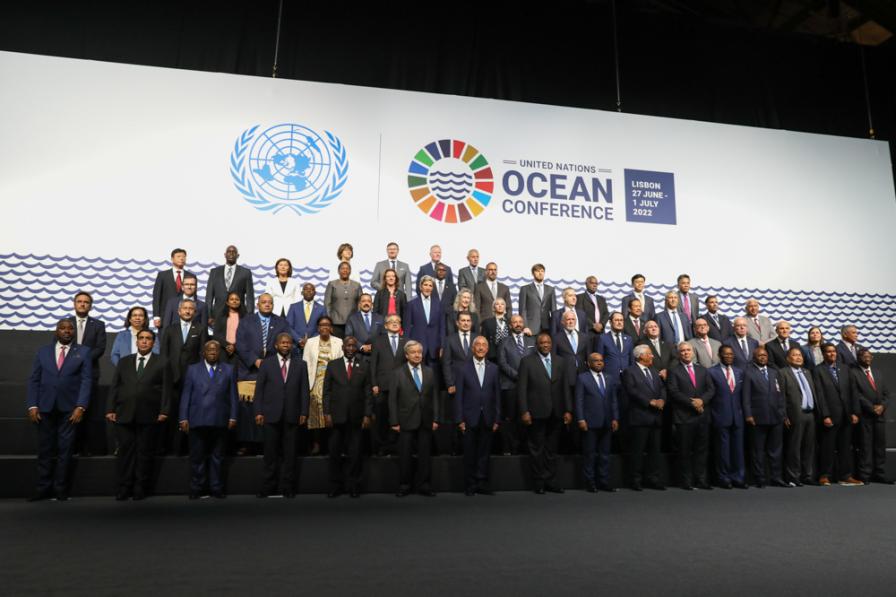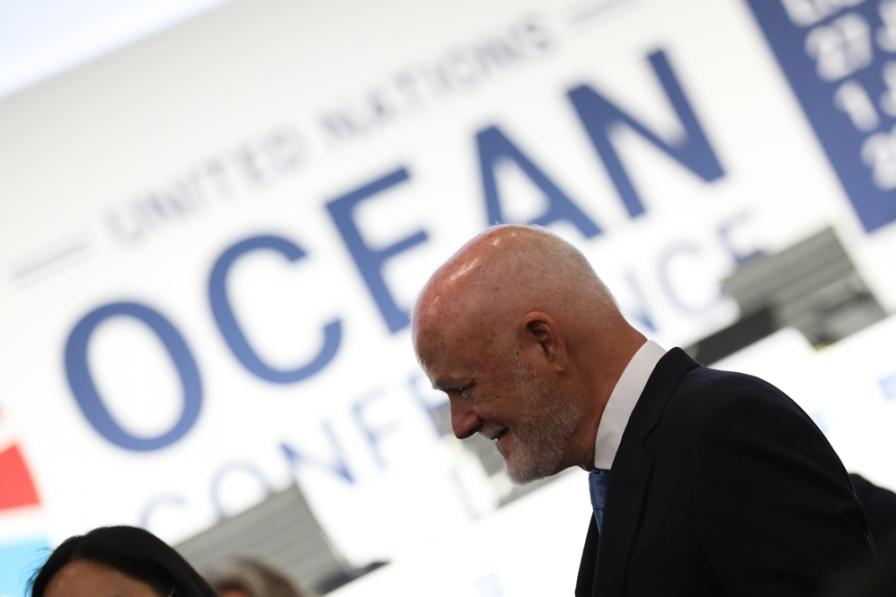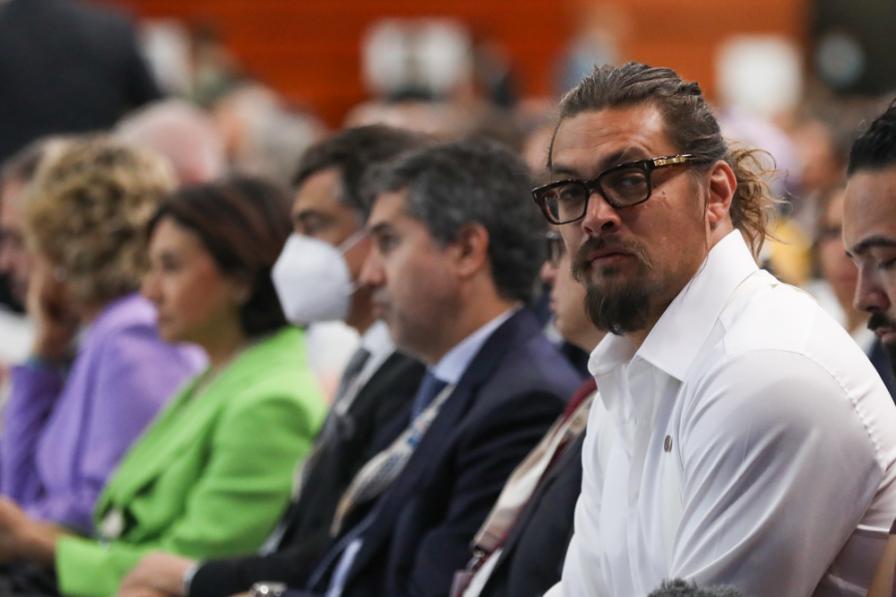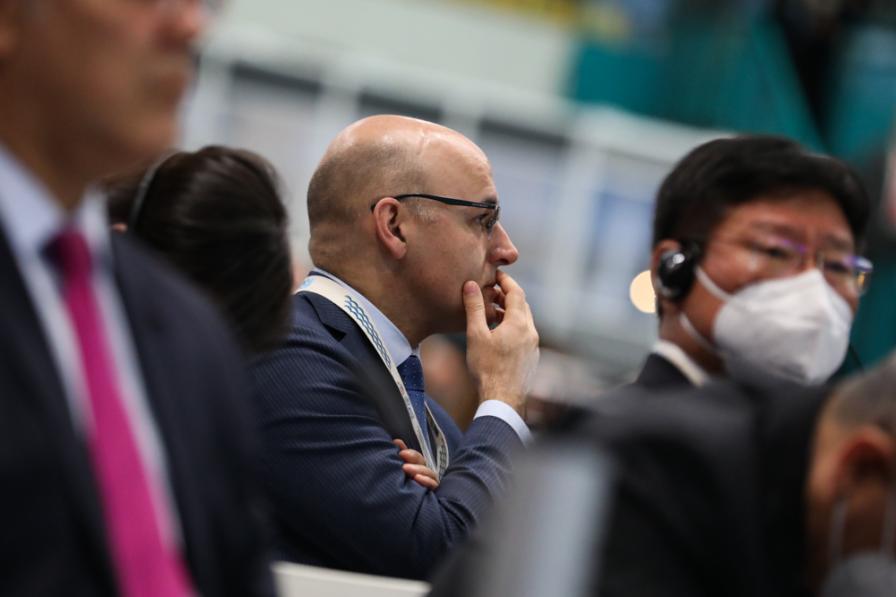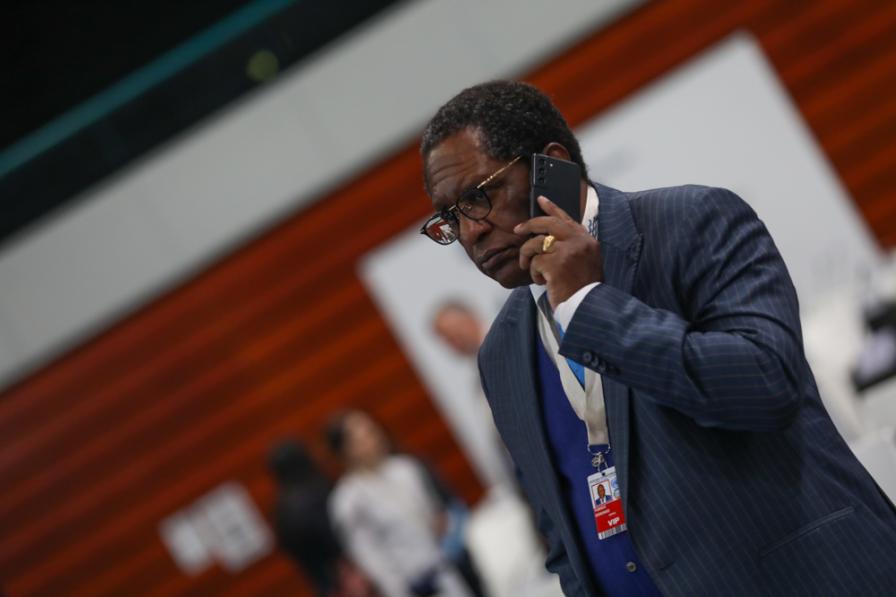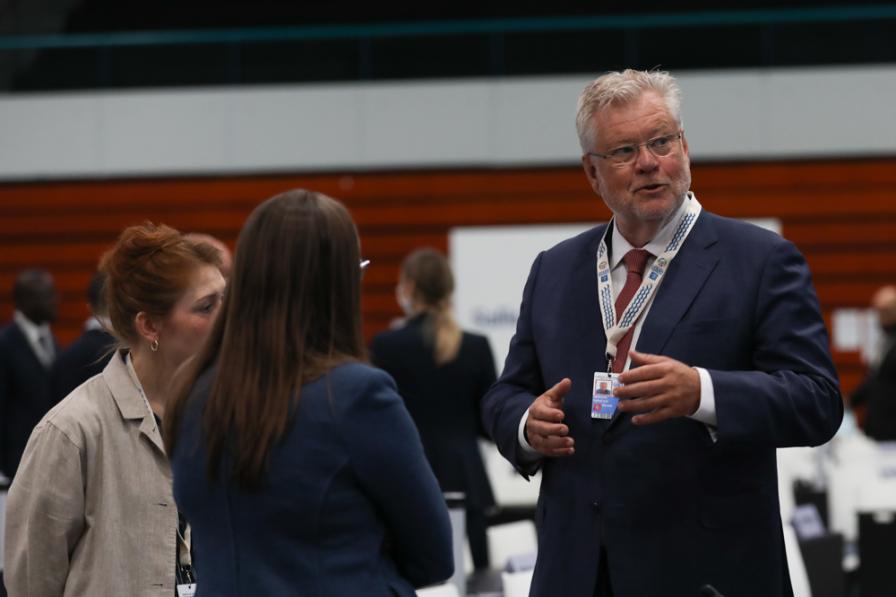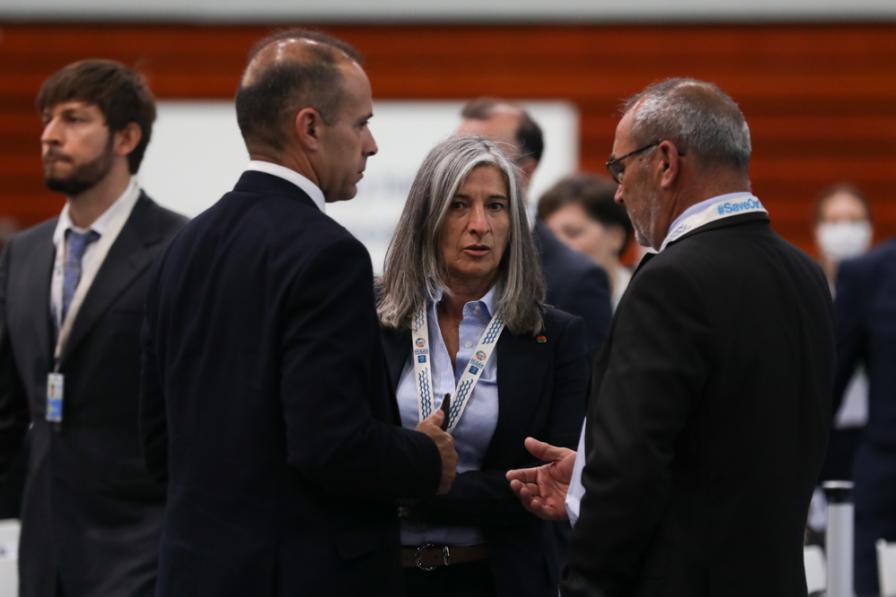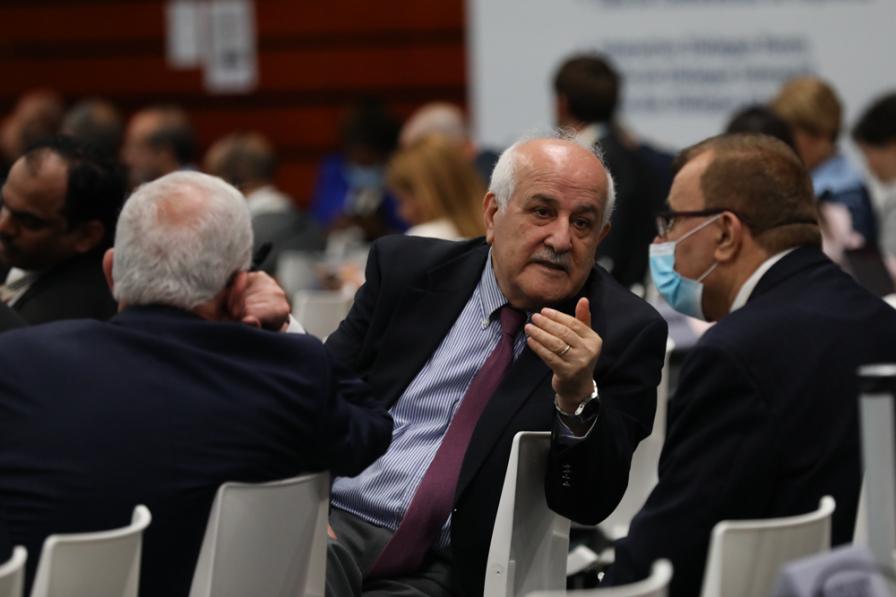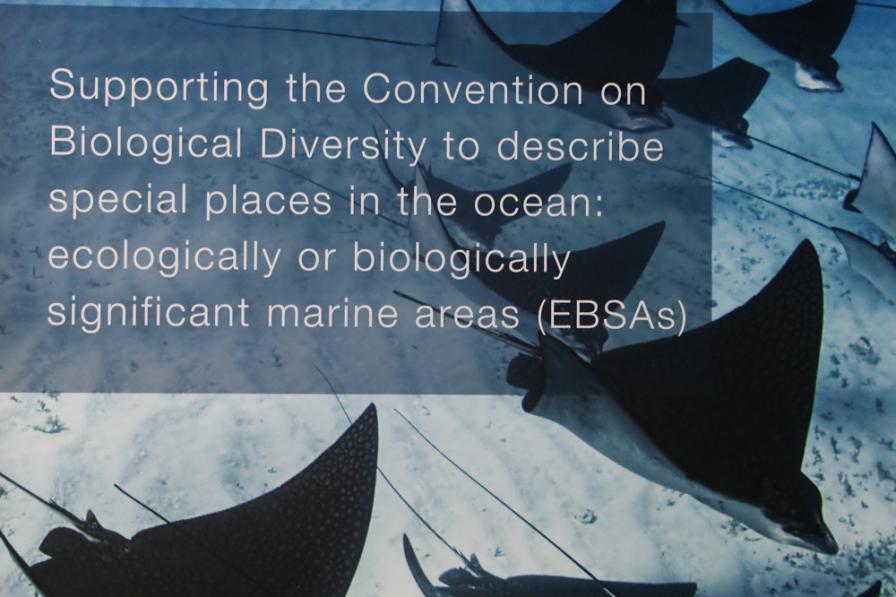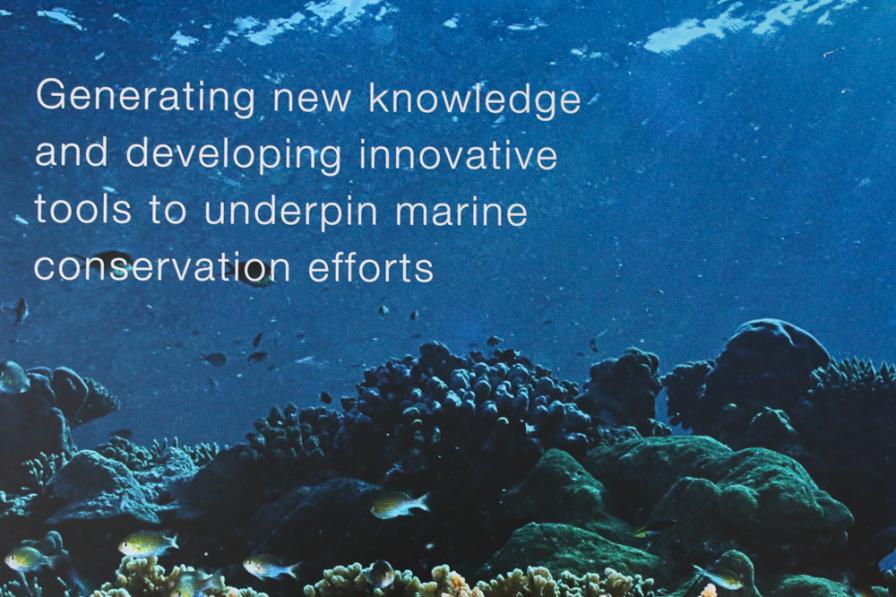After two years of postponements due to the COVID-19 pandemic, thousands of delegates gathered in Lisbon, Portugal for the opening of the UN Ocean Conference on Monday. Co-hosted by the Governments of Kenya and Portugal, the Conference elected President Uhuru Kenyatta (Kenya) and President Marcelo Rebelo de Sousa (Portugal) as co-presidents of the Conference.
In his opening remarks, President de Sousa underscored the centrality of the ocean to peace and security, health, environmental resilience, and sustainable development. President Uhuru Kenyatta called for examples of nature-based solutions linking the ocean and climate change, as well as financing solutions for the conservation and sustainable use of the ocean. UN Secretary-General António Guterres said the Conference could open a new horizon for a just and sustainable future for all, making a difference for the ocean and for humanity.
To dive deeper, read the full Earth Negotiations Bulletin daily report.
During the first session of the general debate, which will run until Friday morning, delegations shared their country's views, actions and proposals to address some of the pressing challenges facing the ocean. In the afternoon, all delegates engaged in the first of eight interactive dialogues.
The interactive dialogue addressing marine pollution was co-chaired by David Parker, Minister for the Environment, Oceans and Fisheries, New Zealand, and Flavien Joubert, Minister for Environment, Energy and Climate Change, Seychelles, and moderated by Charles Goddard, Economist Group, Hong Kong.
There was overwhelming support for the March 2022 UN Environment Assembly resolution 5/14 to end plastic pollution, with several delegations calling for a strong and ambitious global legally binding agreement. Some shared new plans to combat plastic pollution at home, with Australia announcing that the country would stop exporting plastic waste to developing countries.
Some countries pointed to other forms of pollution, including nuclear and radioactive waste, underlining the need to cease all dumping of such waste into the ocean. Sending a stern message on this issue, Frank Bainimarama, Prime Minister of Fiji, reminded delegations that “what we put into the ocean will always come back to haunt us.” Several delegations were unable to speak during the session due to time constraints, and were encouraged to send their contributions to the Secretariat.
Monday’s Voluntary Commitments
- The Alliance of Small Island Developing States (AOSIS) launched the Declaration for the Enhancement of Marine Scientific Knowledge, Research Capacity and Transfer of Marine Technology to Small Island Developing States (SIDS);
- Palau announced 100% renewable energy by 2032, 30% marine protection by 2030, and an aspiration towards 100% sustainable management of the Pacific Ocean in the long term;
- Yohei Sasakawa, Chairman of the Nippon Foundation, announced the launch of the Ocean Voices initiative, to build the capacity of young researchers from island countries and coastal communities, financed by the Nippon Foundation, in partnership with the University of Edinburgh;
- Sasakawa also announced a commitment to host the Global Island Summit in Tokyo in 2024 to identify challenges and take necessary measures on related challenges; and
- The Development Bank of Latin America announced a voluntary commitment of USD 1.2 billion to support projects to benefit the ocean in the region.
All ENB photos are free to use with attribution. For the 2022 UN Ocean Conference, please use: Photo by IISD/ENB | Kiara Worth.
To receive free coverage of global environmental events delivered to your inbox, subscribe to the ENB Update newsletter.
